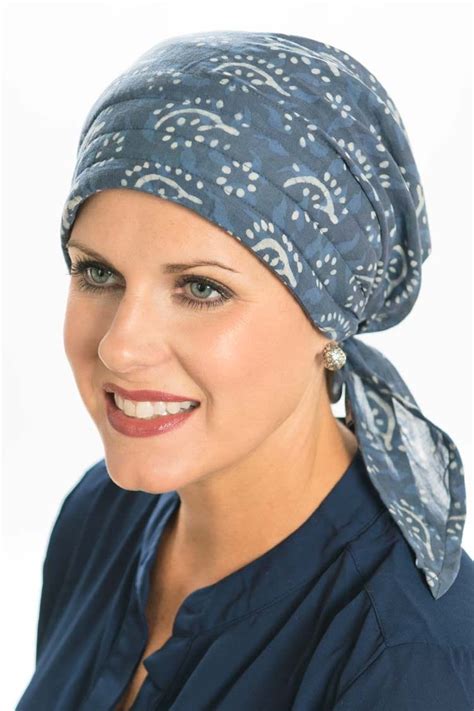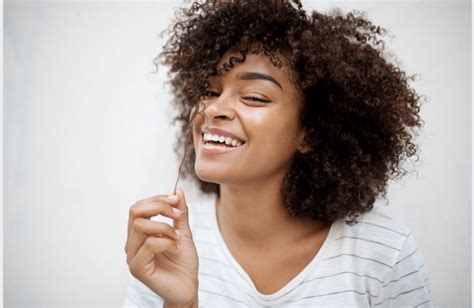From a cosmetic standpoint, healthy hair is often characterized by its lustrous shine and supple texture. This is largely due to adequate hydration. Hair moisturizer plays a crucial role in maintaining this hydration, providing numerous benefits for the health and appearance of your hair.

Why Hair Moisturizer Matters
The hair shaft is composed of a protein called keratin, which is made up of amino acids. These amino acids are arranged in a spiral shape, which gives hair its strength and structure. When hair is dry, the amino acids become brittle and can break easily. This can lead to split ends, breakage, and overall dullness.
Benefits of Hair Moisturizers
Regular use of hair moisturizers offers various benefits, including:
- Improved hydration: Moisturizers penetrate the hair shaft, replenishing lost moisture and restoring hair’s natural elasticity.
- Reduced breakage: Hydrated hair is less prone to breakage and split ends, as the bonds between the amino acids are strengthened.
- Enhanced shine: Moisturizers help smooth the hair cuticles, resulting in increased light reflection and a glossy appearance.
- Reduced frizz: By sealing in moisture, hair moisturizers help tame frizz and flyaways, leaving hair looking sleek and cohesive.
- Preserved color: Moisturizers can help extend the longevity of hair color, as they create a protective barrier around each strand.
Types of Hair Moisturizers
There are several types of hair moisturizers available, each formulated with different ingredients to address specific hair needs:
Leave-in conditioners: These are lightweight products that are applied to damp or dry hair and left in without rinsing. They provide continuous hydration throughout the day.
Masques: Masques are intensive treatments that are typically applied for a specific amount of time before rinsing out. They provide deep conditioning and restore moisture to severely dry hair.
Oils: Hair oils are natural emollients that can be used to seal in moisture and protect hair from damage.
Creams: Hair creams are heavier than leave-in conditioners and provide intense hydration for dry, coarse hair.
Common Mistakes to Avoid
To maximize the benefits of hair moisturizers, avoid the following common mistakes:
- Overusing: Using too much moisturizer can weigh down hair, making it look greasy and limp.
- Applying to dry hair: Moisturizers are most effective when applied to damp hair, as they can penetrate the hair shaft more easily.
- Not distributing evenly: Ensure that you distribute the moisturizer evenly throughout your hair, focusing on the ends which are most prone to dryness.
- Using harsh ingredients: Avoid moisturizers containing harsh chemicals, such as sulfates or parabens, which can strip hair of its natural oils.
Recommended Ingredients
When choosing a hair moisturizer, look for products that contain the following ingredients:
- Moisturizing agents: These include humectants, such as hyaluronic acid or glycerin, which draw moisture into the hair shaft.
- Emollients: Emollients, such as shea butter or argan oil, soften and smooth the hair cuticles, reducing frizz and enhancing shine.
- Oils: Natural oils, such as coconut oil or jojoba oil, provide deep conditioning and protect hair from damage.
- Protein: Protein is essential for strengthening and repairing damaged hair. Look for moisturizers that contain hydrolized keratin or wheat protein.
Healthy Habits for Hydrated Hair
In addition to using hair moisturizers, there are several healthy habits you can adopt to maintain hydrated hair:
- Shampoo and condition regularly: Regular cleansing removes dirt and buildup, allowing moisturizers to penetrate the hair shaft more effectively.
- Use lukewarm water: Hot water can strip hair of its natural oils, leading to dryness.
- Limit heat styling: Heat can damage hair, causing moisture loss. Avoid excessive use of blow dryers, curling irons, and flat irons.
- Protect hair from the elements: Sun exposure, wind, and pollution can all contribute to hair damage and dryness. Wear a hat or scarf to protect your hair from these elements.
Tables
| Type of Moisturizer | Benefits | Suitable for |
|---|---|---|
| Leave-in Conditioner | Continuous hydration, detangling | All hair types |
| Masque | Deep conditioning, restore moisture | Severely dry hair |
| Oil | Seal in moisture, protect hair | Coarse hair, curly hair |
| Cream | Intense hydration | Dry hair, thick hair |
| Ingredients | Benefits |
|---|---|
| Hyaluronic Acid | Draws moisture into hair shaft |
| Shea Butter | Softens hair, reduces frizz |
| Argan Oil | Conditions, protects from damage |
| Hydrolyzed Keratin | Strengthens hair, repairs damage |
| Healthy Habits | Benefits |
|---|---|
| Shampoo and Conditioner | Removes buildup, allows moisturizers to penetrate |
| Use Lukewarm Water | Preserves hair’s natural oils |
| Limit Heat Styling | Prevents moisture loss |
| Protect from Elements | Shields hair from damage |
FAQs
1. How often should I use hair moisturizer?
The frequency of use depends on your hair type and climate. Generally, it is recommended to use hair moisturizers 1-3 times per week.
2. Can I use hair moisturizer every day?
Using hair moisturizer every day can be beneficial for very dry hair. However, most hair types do not need daily moisturization.
3. How do I know if my hair is dry?
Dry hair is typically brittle, lacks shine, and is prone to breakage and split ends.
4. What are some natural moisturizers for hair?
Natural moisturizers for hair include coconut oil, argan oil, olive oil, and avocado oil.
5. Can I make my own hair moisturizer?
Yes, you can make your own hair moisturizer using natural ingredients such as coconut oil, honey, and shea butter.
6. Why is it important to avoid using harsh chemicals in hair moisturizers?
Harsh chemicals can strip hair of its natural oils, leading to dryness and damage.
7. How can I choose the right hair moisturizer for my hair type?
Consider your hair type and texture when choosing a hair moisturizer. Thicker, coarser hair requires more intense hydration, while finer hair may benefit from lighter products.
8. Can I use hair moisturizer on my scalp?
It is not generally recommended to apply hair moisturizer directly to the scalp, as this can lead to buildup and scalp irritation. Focus on applying the moisturizer to the lengths and ends of your hair.
Conclusion
Hair moisturizers are essential for maintaining healthy, hydrated hair. By understanding the benefits, choosing the right products, and adopting healthy habits, you can achieve lustrous, supple hair that radiates vitality and beauty.
